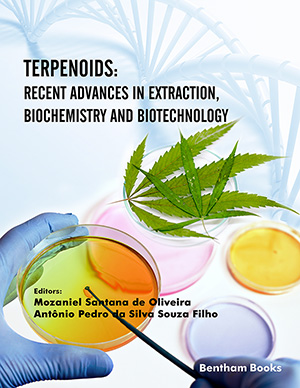Abstract
Background: Escherichia coli with its large range of pathologies is a major cause of human morbidity and mortality around the world. The increasing prevalence of bacteria resistant to even the most current arsenal of antibiotics is a serious concern for public health globally. The resistant bacteria which cause human infection are thought to emerge in food and animals.
Objective: Our goal was to study the proteome of an extended-spectrum β-lactamase (ESBL)- producing Escherichia coli, SU03, strain recovered from faecal samples of pigs slaughtered for human consumption. Method: A full proteomic survey of this strain was made by two-dimensional electrophoresis identifying proteins by MALDI-TOF/MS. Results: This strain exhibited ciprofloxacin resistance associated with mutations in type II topoisomerase structural gene GyrA (Ser83Leu + Asp87Asn) and ParC (Ser80Ile). We studied how the proteome of this strain responded to stress by applying double the minimum inhibitory concentration of ciprofloxacin. The hydrolase L-asparaginase was overexpressed when SU03 was cultured with double the minimum inhibitory concentration of ciprofloxacin. Conclusion: The abundance of this hydrolase may lead to a diverse secondary response by influencing in the production of other proteins or directly mediating ciprofloxacin resistance. Further research should determine how this enzyme contributes to ciprofloxacin resistance.Keywords: Antibiotic resistance, ciprofloxacin, ESBL, Escherichia coli, proteomics.



























